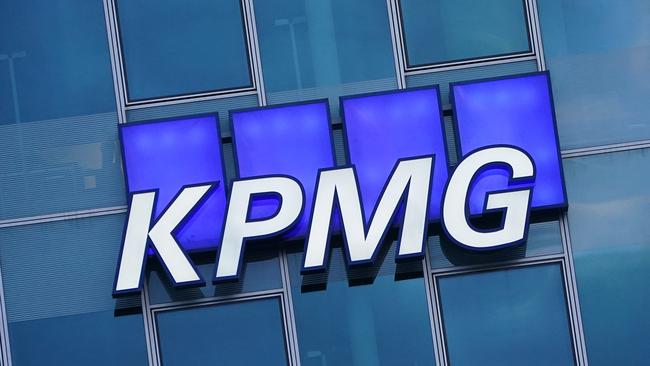Big Four auditing shortfalls on the improve after regulator’s concerted push
The firms’ US units collectively had a deficiency rate of 20 per cent, down from 26 per cent the previous year.

The largest US accounting firms had fewer deficiencies in their audits of public companies’ 2023 financial statements compared with the previous two years, the results for which their regulator had called unacceptable.
Each of the Big Four firms had a better year. The Public Company Accounting Oversight Board last year inspected 255 audits conducted by the Big Four firms in the US – Deloitte, Ernst & Young, PricewaterhouseCoopers and KPMG – up from 230 a year earlier. The firms collectively had an average deficiency rate of 20 per cent, down from 26 per cent the previous two years, according to reports the regulator released on Monday.
The regulator inspects portions of selected US public-company audits to evaluate firms’ state of compliance and assess the controls they use to test the quality of their work. A deficiency means the audit firm failed to obtain sufficient evidence to support its opinion.
EY still had the highest deficiency rate among the Big Four in the US, at 28 per cent, down from 37 per cent the prior year and 46 per cent the year before. EY has said it has been cutting ties with many US public companies as audit clients in a bid to revamp its audit practice and boost quality. “We are encouraged by the significant year-on-year progress in enhancing audit quality, which is a priority for our organisation,” an EY spokeswoman said.
Deloitte’s rate fell to 14 per cent from 21 per cent, and PricewaterhouseCoopers dipped to 16 per cent from 18 per cent.
KPMG, too, saw a drop, to 20 per cent from 26 per cent, marking its lowest rate since 2009. The other firms, in contrast, had their lowest rates since 2021 or 2022 inspections.
“This improvement builds on a multi-year trend of relative improvement compared to the profession,” KPMG said in a January report on its audit quality.
The Big Four’s US units collectively audit about 80 per cent of the market capitalisation of public companies listed on exchanges as of the end of 2024, the PCAOB said. The Big Four averaged a deficiency rate of 25 per cent over the previous decade, reports show.
The PCAOB cites the improved results as a sign of its efforts to push firms to address their greater deficiencies coming out of the pandemic.
“We challenged the audit profession to do better for America’s investors, and these significant improvements demonstrate real progress in protecting investors,” PCAOB chair Erica Williams said in a statement.
“Still, our work is far from over, and I urge the audit profession to build on this momentum.”
Critics of the PCAOB have argued that the inspections too often count minor errors as auditing shortcomings, inflating the percentage.
The reports arrive as the regulator faces potentially major changes under Paul Atkins, President Donald Trump’s pick to lead the Securities and Exchange Commission, which oversees the PCAOB. Atkins, a former SEC commissioner, is a past critic of the PCAOB, particularly related to its budget and certain rulemaking. Atkins, who was questioned last week by senators, is awaiting confirmation.
Since Williams took the helm in 2022, the PCAOB has been its most active in years, imposing higher fines against firms and individual auditors, inspecting China-based audits for the first time and advancing ambitious if controversial new rules. Williams’s approach has rankled auditors, who have objected to several recent board proposals, particularly those on fraud detection and the reporting of auditing metrics.
The PCAOB said its inspection staff selected audits for review based on criteria such as public companies with significant cryptocurrency holdings, complex revenue recognition practices, those involved in mergers and acquisitions or large assets that may have declined in value such as collateralised commercial real-estate debt.
Just outside of the Big Four, Grant Thornton and BDO had fewer deficiencies than in the previous year, the reports showed. BDO’s fell to 60 per cent from 86 per cent, and Grant Thornton’s rate dropped to 48 per cent from 54 per cent.
In statements on Monday, BDO, Deloitte, EY, Grant Thornton, KPMG and PwC said they were continuing to make investments among other moves to strengthen audit quality.



To join the conversation, please log in. Don't have an account? Register
Join the conversation, you are commenting as Logout